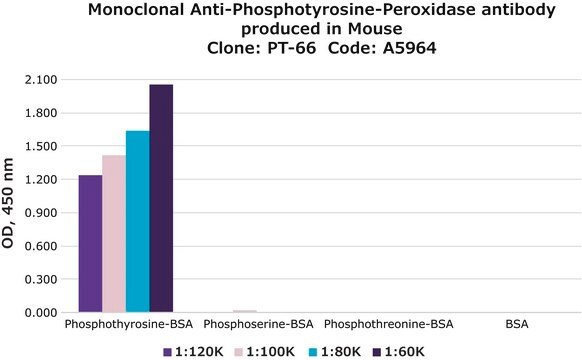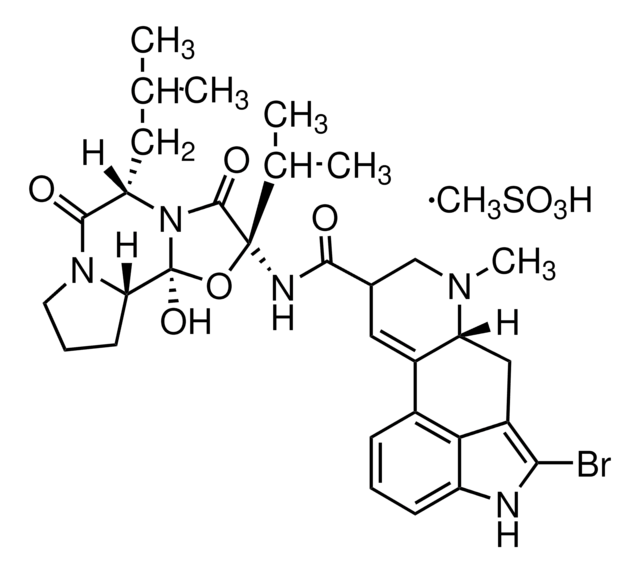327441
Platinum
powder, 0.5-1.2 μm, ≥99.9% trace metals basis
Sign Into View Organizational & Contract Pricing
All Photos(1)
About This Item
Empirical Formula (Hill Notation):
Pt
CAS Number:
Molecular Weight:
195.08
EC Number:
MDL number:
UNSPSC Code:
12352300
PubChem Substance ID:
Recommended Products
Assay
≥99.9% trace metals basis
form
powder
resistivity
10.6 μΩ-cm, 20°C
particle size
0.5-1.2 μm
bp
3827 °C (lit.)
mp
1772 °C (lit.)
density
21.45 g/cm3 (lit.)
SMILES string
[Pt]
InChI
1S/Pt
InChI key
BASFCYQUMIYNBI-UHFFFAOYSA-N
General description
Average particle size determined by Fisher sub-sieve sizer
Certificates of Analysis (COA)
Search for Certificates of Analysis (COA) by entering the products Lot/Batch Number. Lot and Batch Numbers can be found on a product’s label following the words ‘Lot’ or ‘Batch’.
Already Own This Product?
Find documentation for the products that you have recently purchased in the Document Library.
Shai Rozen et al.
Plastic and reconstructive surgery, 131(6), 1253-1265 (2013-05-30)
Left untreated, paralytic lagophthalmos may result in corneal dryness, ulcerations, and subsequent blindness. The most common nondynamic surgical solution is upper eyelid weight placement in a superficial, pretarsal pocket, carrying the risk of visibility, extrusion, and entropion. The authors present
Muhammad Rashid et al.
Journal of nanoscience and nanotechnology, 13(5), 3627-3633 (2013-07-19)
Platinum nanoparticles (Pt NPs) were chemically deposited on a Nafion polymer electrolyte membrane by the impregnation-reduction (I-R) procedure to prepare an active electrode for solid electrochemical sensors. Various analysis methods such as SEM, EDX, XRD and cyclic voltammogram (CV) measurements
Wei Sun et al.
Materials science & engineering. C, Materials for biological applications, 33(4), 1907-1913 (2013-03-19)
In this paper a platinum (Pt) nanoparticle decorated graphene (GR) nanosheet was synthesized and used for the investigation on direct electrochemistry of myoglobin (Mb). By integrating GR-Pt nanocomposite with Mb on the surface of carbon ionic liquid electrode (CILE), a
Yuan Xiong et al.
Organic letters, 15(8), 1962-1965 (2013-04-12)
Metal-mediated rearrangements of 3-alkynyl flavone ethers are reported. The overall process involves 5-endo enyne cyclization to a platinum-containing spiro-oxocarbenium intermediate which may be trapped with methanol to produce spirodihydrofurans or further rearranged to afford either allenyl chromanediones or benzofuranones.
Yao-Hsuan Tseng et al.
Biochimica et biophysica acta, 1830(6), 3787-3795 (2013-04-02)
Traditional antibacterial photocatalysts are primarily induced by ultraviolet light to elicit antibacterial reactive oxygen species. New generation visible-light responsive photocatalysts were discovered, offering greater opportunity to use photocatalysts as disinfectants in our living environment. Recently, we found that visible-light responsive
Our team of scientists has experience in all areas of research including Life Science, Material Science, Chemical Synthesis, Chromatography, Analytical and many others.
Contact Technical Service




